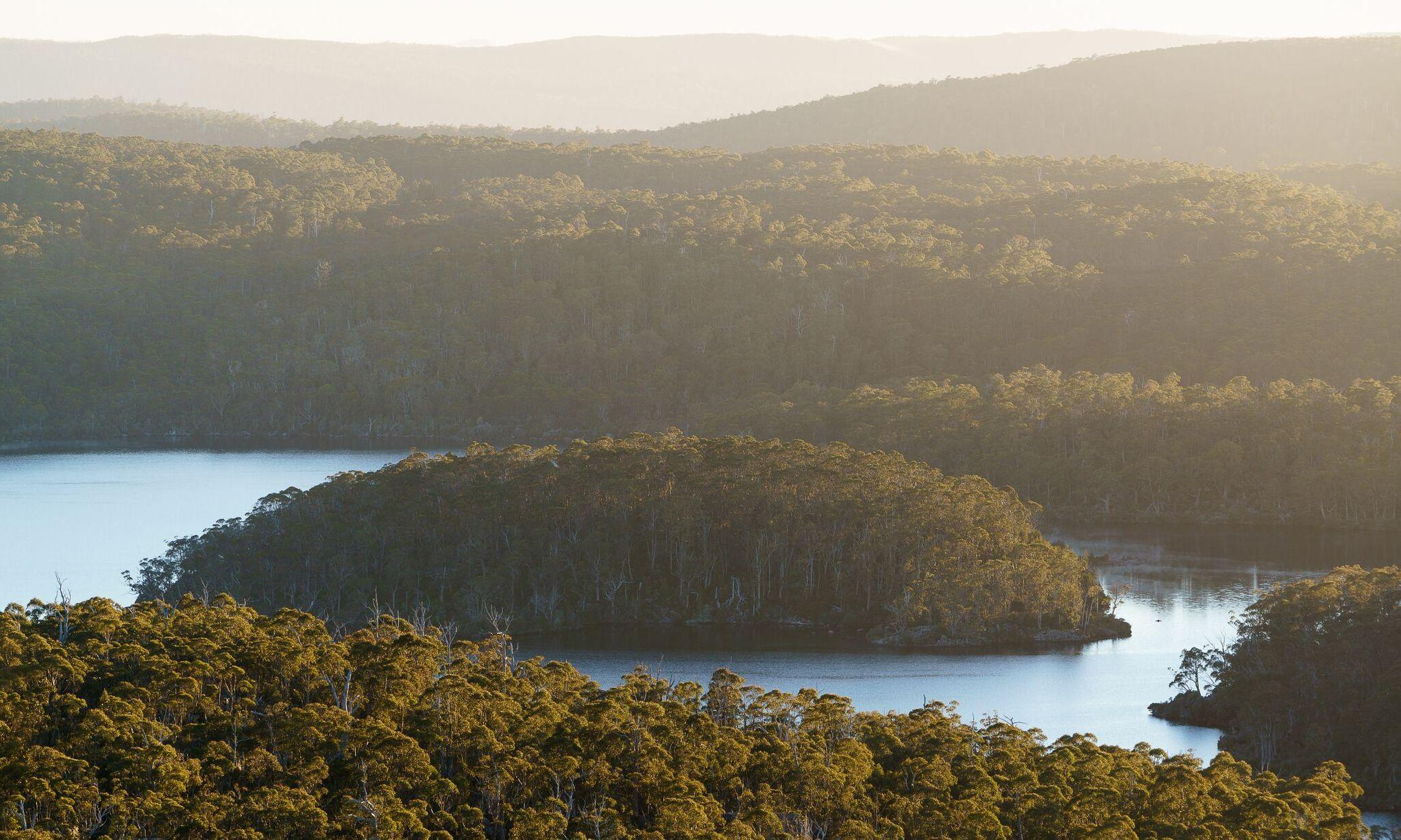Media Releases - 28 July 2020
Wilderness Society leads appeal of Lake Malbena decision to Full Court of Tasmania’s Supreme Court

- The Wilderness Society is appealing the Supreme Court’s recent Lake Malbena decision to the Full Court of the Supreme Court
- Unanswered questions about local communities and local councils having a say
- COVID-19 recovery period an opportunity to get Tasmania’s tourism policy settings right
The Wilderness Society Tasmania, the Tasmanian National Parks Association, Richard Webb and Paul Smith yesterday filed an appeal against the 6 July 2020 decision by Tasmania’s Supreme Court relating to helicopter-accessed luxury accommodation at Lake Malbena within the World-Heritage listed Walls of Jerusalem National Park.
In that decision, the Supreme Court held that there was no legal error in the granting of a planning permit to Wild Drake’s proposal by Tasmania’s Resource Management and Planning Appeal Tribunal.
Representing the appellants, barristers instructed by lawyers from the Environmental Defenders Office will argue that the Supreme Court should have found that the Tribunal’s decision was affected by a legal error and been overturned by the Court.
“Our lawyers will argue that the Court made a number of legal errors in reaching its decision, including in holding that the Tribunal did not have the jurisdiction to assess the proposal against the Tasmanian Wilderness World Heritage Area Management Plan 2016, and in the construction of the relevant provision of the Central Highlands Interim Planning Scheme,” said Tom Allen for the Wilderness Society Tasmania.
What this means is that the Court left hanging how the Wild Drake proposal should relate to the TWWHA management plan and what, precisely, is the role of the PWS Reserve Activity Assessment.
“We did not take this significant step lightly but did so because it defends the Tasmanian Wilderness World Heritage Area from inappropriate development proposals like that for Lake Malbena and the 30 or so more in the tourism EOI pipeline,” said Mr Allen.
“Tasmania’s World Heritage-listed national parks are for people and nature, not profits, privatisation, developers and choppers. We are determined to defend their integrity.
“This appeal is important because we believe the Supreme Court's decision left unanswered questions about what formal rights the community has in the grant of authorisations for inappropriate development in national parks, including rights of independent legal review.
“This is crucial given that the incoming Tasmanian Planning Scheme envisages that local communities and local councils will not have an opportunity to review the merit of developments in national parks if Tasmania’s Parks and Wildlife Service approves them.”
Contrary to statements made elsewhere, the Tribunal or the Supreme Court did not endorse or consider in detail the processes undertaken by the Parks and Wildlife Service leading to authorisation of the development at Lake Malbena.
“Recent reports indicating that the Court and the Tribunal had endorsed the handling of the Lake Malbena proposal by the Parks and Wildlife service are misleading. The Court and the Tribunal explicitly found it was outside the Tribunal’s jurisdiction to consider this issue,” said Mr Allen.
“The Wilderness Society shares the reported concerns of people working within the Parks and Wildlife Service about the State government’s “unlock the parks” policy.
“The COVID-19 recovery period affords us an opportunity to reset tourism policy in Tasmania, as several experts have recently recommended.”
A better tourism policy should involve:
- Changing the Government’s “unlock the parks” policy so instead of facilitating inappropriate development within remote national parks and reserves, the government focuses on developing sustainable tourism infrastructure and facilities within and in collaboration with local communities.
- Establishing ecologically sustainable tourism criteria with a view to Tasmania becoming the world-leader in this field.
- Establishing the world’s best practice ecologically sustainable tourism, which protects and conserves some of the world’s highest-quality wilderness areas.
“If the appeal to the Full Court is upheld, it is expected that the Full Court will order that the Tribunal’s decision is set aside, and that the Tribunal make a fresh decision in consideration of the extensive evidence relating to the merits of the proposal, including its adverse impacts on the wilderness and ecological values of the area, that was presented by the parties,” said Mr Allen.
For comment: Tom Allen, Wilderness Society Campaign manager, 0434 614 323
Backgrounder on the campaign